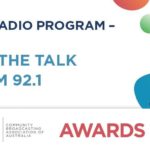A team of scientists has developed a technique for turning brain activity into words.
Soon, it may be possible to reconstruct conversations — in effect, to read minds. How does it work? Do we even think in words?
Linguist Daniel Midgley tells it the old-fashioned way on this episode of Talk the Talk.
Listen to this episode
You can listen to all the episodes of Talk the Talk by pasting this URL into your podlistener.
http://danielmidgley.com/talkthetalk/talk_classic.xmlShow notes
The news reports are kind of breathless about the whole thing:
http://www.perthnow.com.au/news/special-features/mind-reading-breakthrough-is-hailed-by-us-scientists/story-e6frg1ac-1226260246899
http://www.sciencedaily.com/releases/2012/01/120131175158.htm
but the actual article is much more careful (and much more technical). That’s where I got the sound file of what the brain ‘sounds’ like.
http://www.plosbiology.org/article/info:doi/10.1371/journal.pbio.1001251
Here’s the early work from the U of Utah team
http://www.sciencedaily.com/releases/2010/09/100907071249.htm
What do we think in? More about ‘mentalese’.
http://en.wikipedia.org/wiki/Language_of_thought_hypothesis
The algorithm can reconstruct formants. But what’s a formant?
http://person2.sol.lu.se/SidneyWood/praate/whatform.html
What if we could detect whether someone was thinking about suicide?
http://www.technologyreview.com/biomedicine/25171/?mod=related








